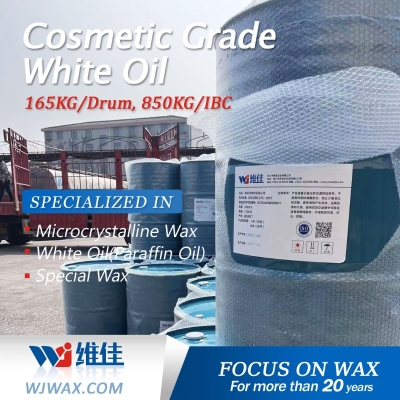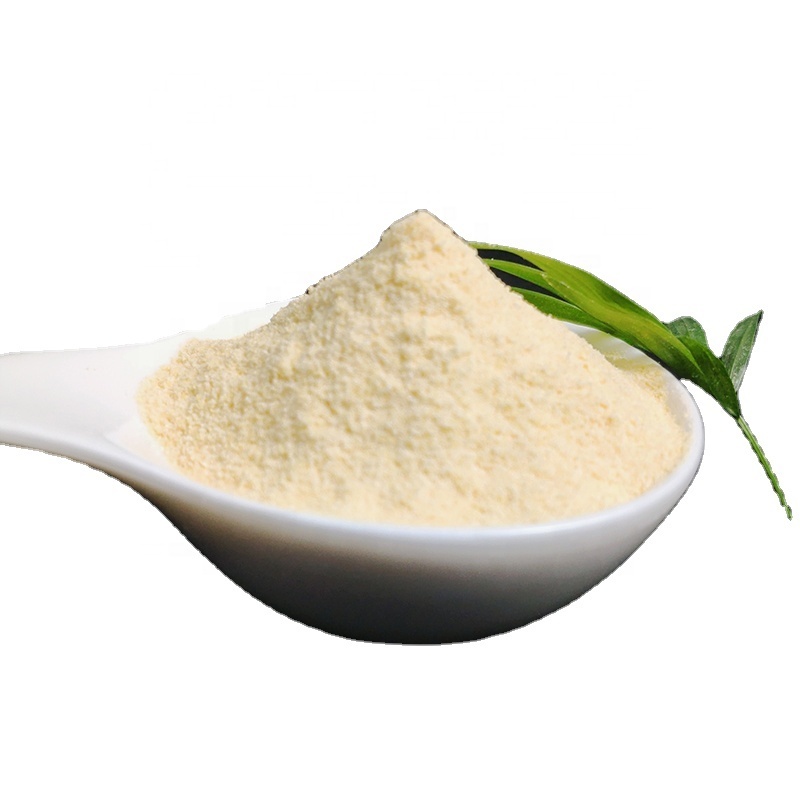-
Categories
-
Pharmaceutical Intermediates
-
Active Pharmaceutical Ingredients
-
Food Additives
- Industrial Coatings
- Agrochemicals
- Dyes and Pigments
- Surfactant
- Flavors and Fragrances
- Chemical Reagents
- Catalyst and Auxiliary
- Natural Products
- Inorganic Chemistry
-
Organic Chemistry
-
Biochemical Engineering
- Analytical Chemistry
-
Cosmetic Ingredient
- Water Treatment Chemical
-
Pharmaceutical Intermediates
Promotion
ECHEMI Mall
Wholesale
Weekly Price
Exhibition
News
-
Trade Service
On Wednesday (March 16), local time, the International Energy Agency (IEA) pointed out in its monthly report that Russia's oil production may fall by about a quarter next month, triggering the largest supply shock
to the oil market in decades.
After the escalation of the Russian-Ukrainian conflict, Western countries have increasingly imposed sanctions on Russia, and buyers are generally reluctant to buy Russian oil
due to concerns about sanctions.
International crude prices soared to nearly $140 a barrel last week, and although they have since retreated, they are still hovering
at a high of around $100 a barrel.
In its report, the IEA warned that the impact of the reduction of Russian oil on global energy markets cannot be underestimated, and although it is too early to tell how things will develop, the crisis could bring lasting changes
to energy markets.
Western buyers of Russian oil are under double pressure, in addition to sanctions from Europe and the United States, public pressure has also made traders shy away from Russian oil, and energy giants such as Shell and Total have pledged to reduce purchases
.
The IEA expects Russian oil production to fall by 3 million barrels per day from next month to 8.
6 million barrels, which is bound to exacerbate the tight supply situation in the global oil market
.
Over the next two quarters, global markets will face a supply shortfall rather than a previously expected surplus, which will force developed countries to further deplete their own oil stockpiles, which have fallen to their lowest levels
since 2014, the IEA said.
OPEC still refuses to fill the oil gap left by Russia, partly to maintain relations with Russia, and on the other hand, the organization believes that the market is still well supplied
.
British Prime Minister Boris? Johnson decided to visit the United Arab Emirates and Saudi Arabia this week to lobby the two major producers to increase production
.







